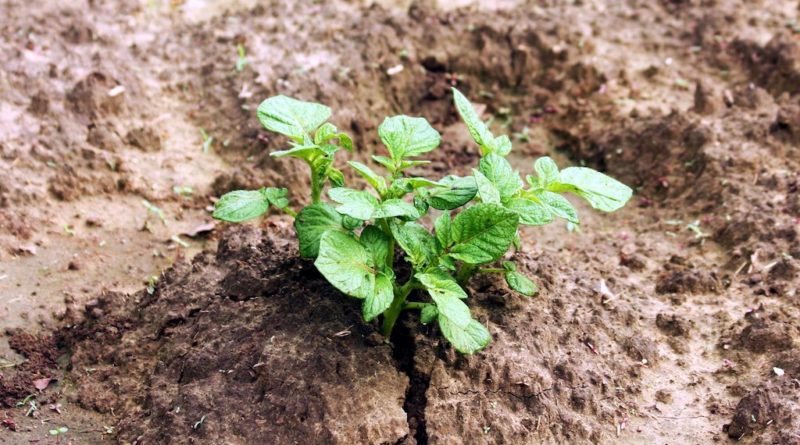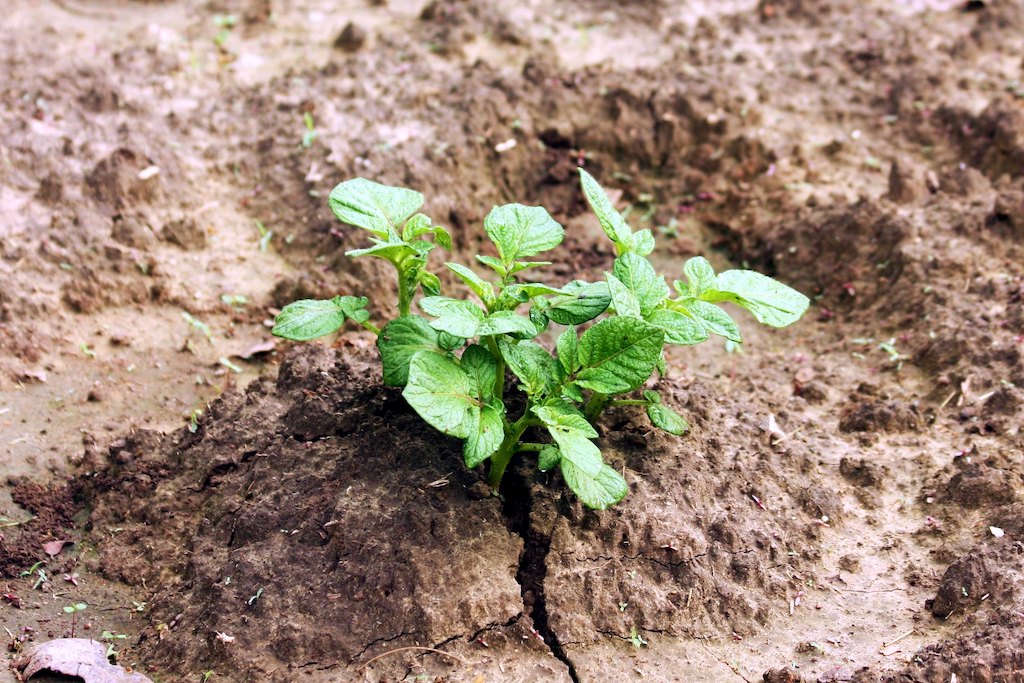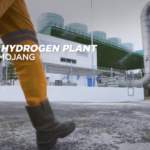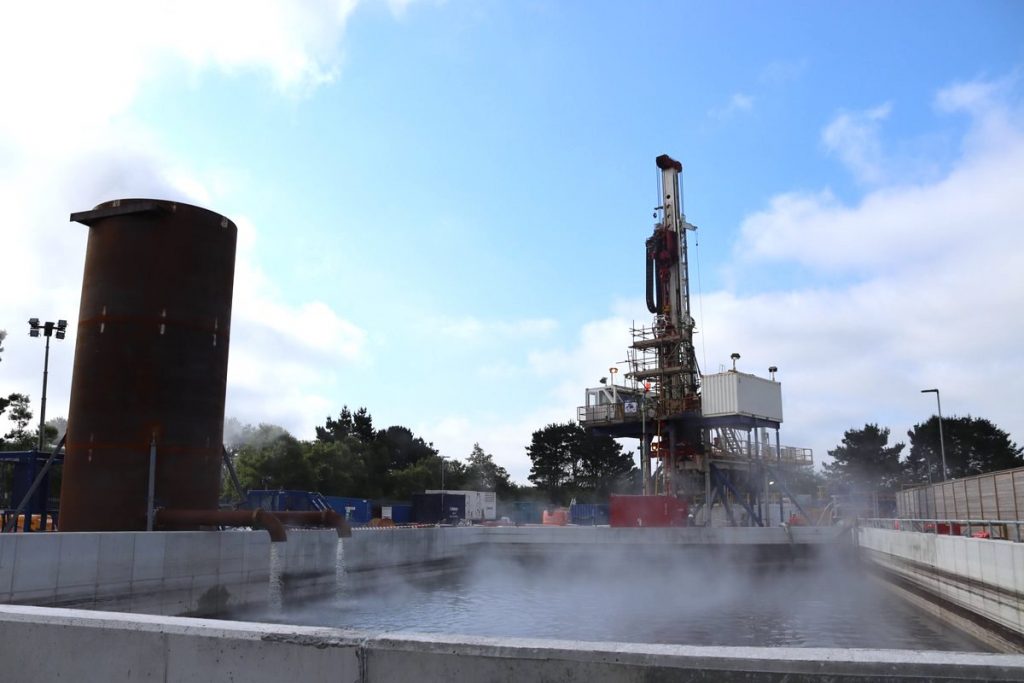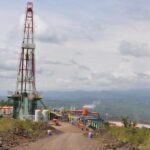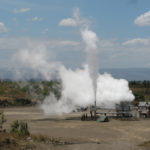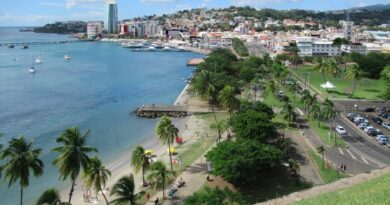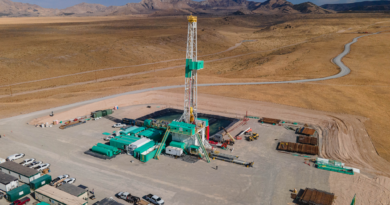Geothermal steam sterilization supporting potato production, Kamojang
Energy Disrupter
Geothermal steam is used by potato farmers around the Pertamina Geothermal Energy (PGE) Kamojang Area, in West Java, Indonesia to sterilize planting media for potato seedlings.
Potatoes are the main agricultural cultivation in Bayongbong District, Garut Regency, Indonesia. In Dusun Kamojang there is a breeding of potato seeds of the G0 variety that uses cocopeat as a planting medium. Cocopeat waste cannot be reused for potato seedling without going through a sterilization process.
Cocopeat is a multi purpose growing medium made out of coconut husk. The fibrous coconut husk is pre washed, machine dried, sieved and made free from sand and other contaminations such as animal and plant residue.
The sterilization process that is usually done by farmers is by conventional steaming. Innovation is carried out by PT Pertamina Geothermal Energy (PGE) not only in its core business but also to contribute to the surrounding community. The innovation of using geothermal steam for the cocopeat sterilization process has proven to be very helpful for farmers to save on the cost of buying new cocopeat or conventional fuel for steaming cocopeat in the potato seed production process.
As a result, the yield of G0 potato seeds increased significantly. From the initial average, it can only produce 22 thousand to 30 thousand knol of potato seeds from 7 thousand plant cuttings to 28 thousand to 35 thousand knol of potato seeds from the same number of plant cuttings after using geothermal steam in the cocopeat sterilization process.
The positive impact continues. The use of geothermal steam for cocopeat sterilization is able to reduce the waste heap of cocopeat that is wasted by up to 300 percent because it can be reused up to 4 times. By using geothermal steam, carbon emissions can also be reduced from the results of using conventional fuels in the cocopeat sterilization process.
“We usually only know that cocopeat sterilization is done by traditional steaming. Often we had to buy a new cocopeat. Geothermal steam from PGE is very helpful in cocopeat sterilization because it can be reused up to four times. This greatly saves the cost of producing potato seeds,” said Zamzam Nurzaman, chairman of the Mustika Hutan LMDH assisted by PGE Kamojang Area.
Mustika Hutan LMDH Farmers Group
PGE also assisted the Mustika Hutan LMDH farmer group in breeding new potato varieties. The new variety was developed by the Bogor Agricultural Institute (IPB) in a greenhouse facilitated by PGE, and was named the PAUS PERTATO variety, or the Inter-University Center for One Pertamina Potato. By developing this variety, farmers no longer need to buy potato seeds from middlemen. This is certainly very helpful in reducing production costs for farmers.
The “Geothermal Potato” program is one of PGE’s initiatives in running a business by implementing environmental, social, and governance (ESG) aspects. Efforts to reduce waste and reduce carbon emissions from sterilization activities using conventional tools are in line with environmental aspects.”
And the contribution to farmers’ yields is in line with the social aspect and the eighth goal of the Sustainable Development Goals, which is to support inclusive and sustainable economic growth, full and productive employment and decent work for all.
“The presence of geothermal energy creates a multiplier effect. Not only producing clean energy, but also encouraging local people’s economic improvement,” said Ahmad Yuniarto, President Director of PGE.
Source: BisnisNews

